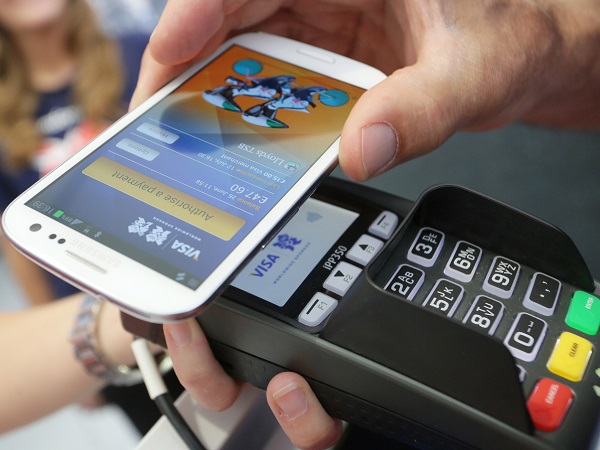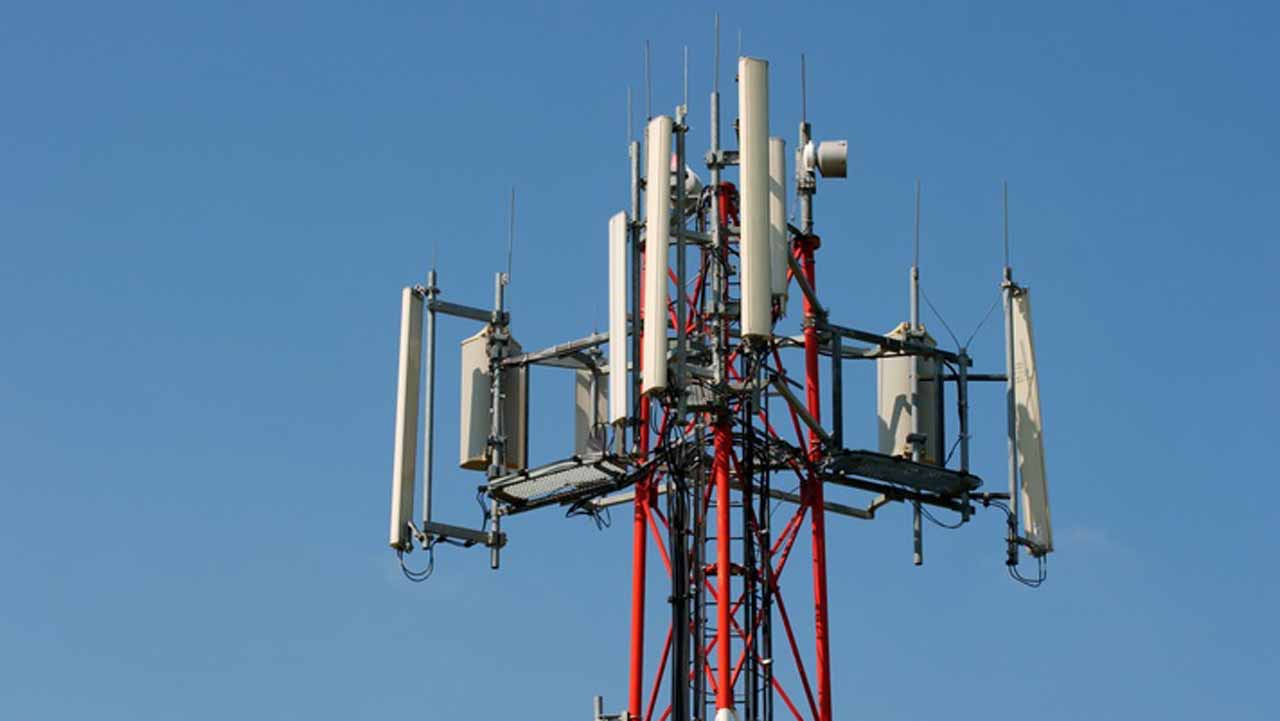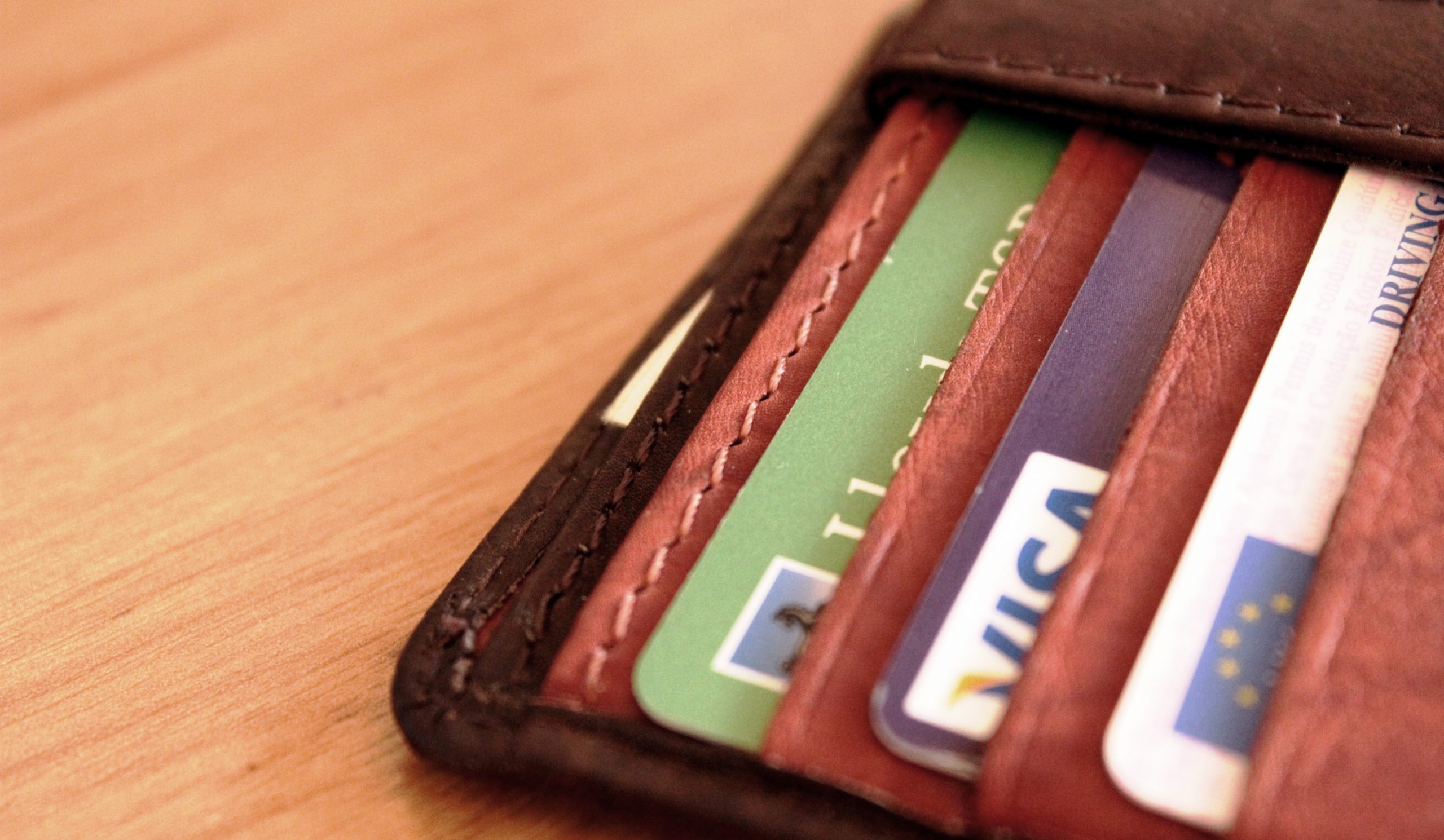By Okoh Aihe
I do not like the word, anarchy. The word serves a full dose of what is happening in our land, a chaotic state of disorderliness where nobody seems to be in charge, where everybody seems to smell imminent perdition and yet unable to do something about it.
Where students disappear at school and bus load of passengers spirited into the bush only for the degenerates to be approached by men of means and power for peace and ransom negotiations. This kind of anarchy confers too much confidence on the malevolent as the state gets progressively helpless.
The unfortunate thing about anarchy is that it percolates, like some water on the rooftop and begin to sip downwards for destructive effects. Some anarchies take time to package, garnished by the inefficiency of governments and would also take some time to resolve, that is, if the state survives and lives to tell the story!
I do not like the word, anarchy. That is why I do not like what the Central Bank of Nigeria (CBN) is doing; taking advantage of its overwhelming autonomy to create chaos in the financial sector, and in the process take along other supposedly independent organizations in a foolhardy journey to disaster.
Oh, speaking in tongues of irony? How can the CBN, charged with the health of the financial sector and economy be the one to take it down? I am never one to comment on the imperfections of the current administration of the CBN as every one of us will have our place in the history books where we are judged for healthy posterity or be damned forever.
Just for the banks to know, something will have to give if they don’t pay the renewal fee of N10m for the USSD which they were getting free. A punishing punch for voracious greed in pursuit of profit!
Now, let’s quit speaking in tongues and return to the topic full blast. USSD may not make so much sense to the ordinary folks out there. Full meaning is Unstructured Supplementary Service Data. USSD is a communications protocol used by the GSM cellular telephone to perform real-time communication with the mobile network. Due to the real-time feature and responsiveness, it has enabled value added services (VAS) to be integrated to the legacy service being provided by the mobile network operators.
An expert listed the benefits of USSD as follows: USSD works with all GSM standard mobile phones, including the feature phones. This will enable wider accessibility and utilization of services deployed on the USSD bearer; USSD does not depend on data or internet to operate and it is easily accessible anytime and anywhere; USSD can be assessed when roaming; USSD enables real-time transactions as well as being friendly, as it only prompts the user to select from the pre-defined intuitive menu. This makes it easier and more interactive for businesses to deploy and engage their customers.
The interactive nature of USSD has encouraged other sectors outside telecommunications to converge their services seamlessly with telecommunications for wider reach. The large patronage of USSD services has created more streams for the operators and government, as well as providing a high level service satisfaction to the end users. Thus, all stakeholders benefit.
All stakeholders benefit is now a wishful expectation. This is where anarchy may unleash shortly. Let me help you with a little story. By way of supporting the financial inclusiveness policy of the current administration, the Nigerian Communications Commission (NCC) who is the regulator of the telecommunications industry, the CBN and the Mobile operators came up with an understanding to help the banks take services to even remote, unbanked environments. NCC gave the banks USSD free of charge. This will enable banks carry out all kinds of transactions which are powered by the mobile operators.
With very little modesty, it is important to point out here that without the mobile operators in Nigeria, financial inclusiveness would be a mirage; mobile money and other online financial transactions would be a myth, and our dear country would make her way back to the Stone Age or much closer, the days of trade by barter. But the sticky point here is, who pays the mobile operators for the use of their platforms?
Recall that in August last year, the NCC was forced to revise a Determination on Unstructured Supplementary Service Data (USSD) pricing published on July 23, 2019 which allowed mobile operators to charge subscribers for USSD services. The Determination was overruled by the Minister of Communications and Digital Economy, Dr Isa Ali Pantami, who argued but very reasonably, that “USSD is a service to banks and not to the Telecom Consumers, and as such, banks should see themselves as corporate customers of telecom operators with a duty to pay for using the telecom network and infrastructure, including USSD channels extended to them for service delivery to their customers.”
Even when the Minister was pilloried for such a brazen intrusion into the regulatory terrain of the NCC, his action favoured the people who were spared such extraneous charges on services for which some other parties were already making a killing profit.
Since then however, nobody has made any payment for USSD services. And the debts are piling up.
The CBN in a cultured haughtiness is holding meetings with the mobile operators without recourse to the NCC. The banks in their characteristic arrogance are refusing to make any payment on debts running into hundreds of billions. And wait for this: for each USSD service, the banks charge between N53 and N70 but they are refusing to pay just over N1 to the platform owners.
This writer gathered over the weekend that all parties are close to the panic button. The NCC is coming up with documentations to compel the banks to pay up their debt.
Should they refuse to pay within an acceptable window, the operators will be permitted to unplug the banks from their platforms. Then anarchy will be let loose on the financial sector and the crowd will return to the banking halls in addition to the trauma of COVID-19.
Just for the banks to know, something will have to give if they don’t pay the renewal fee of N10m for the USSD which they were getting free. A punishing punch for voracious greed in pursuit of profit!
Okoh Aihe writes from Abuja.



